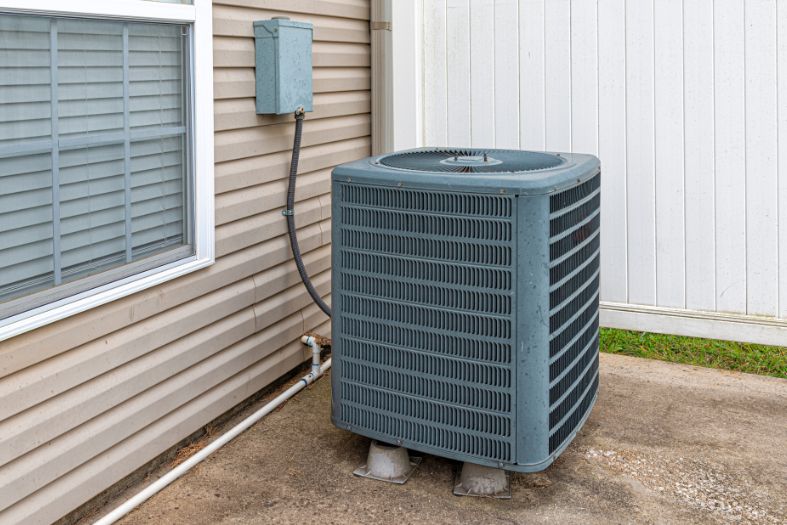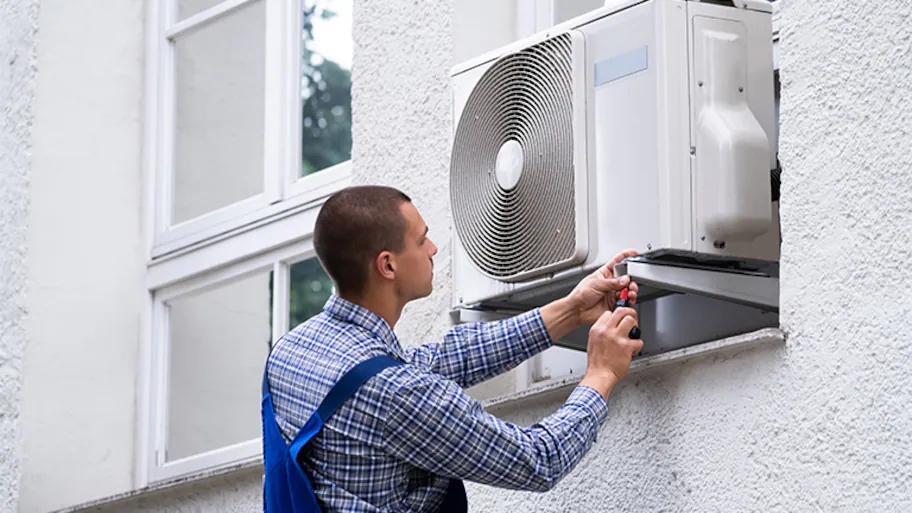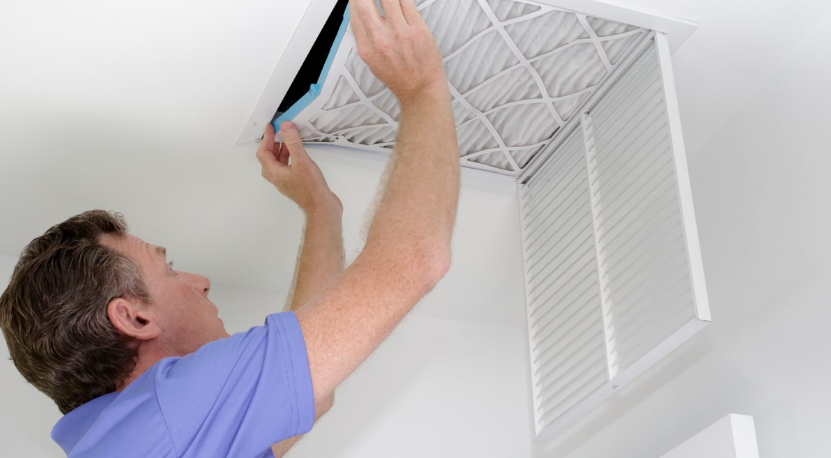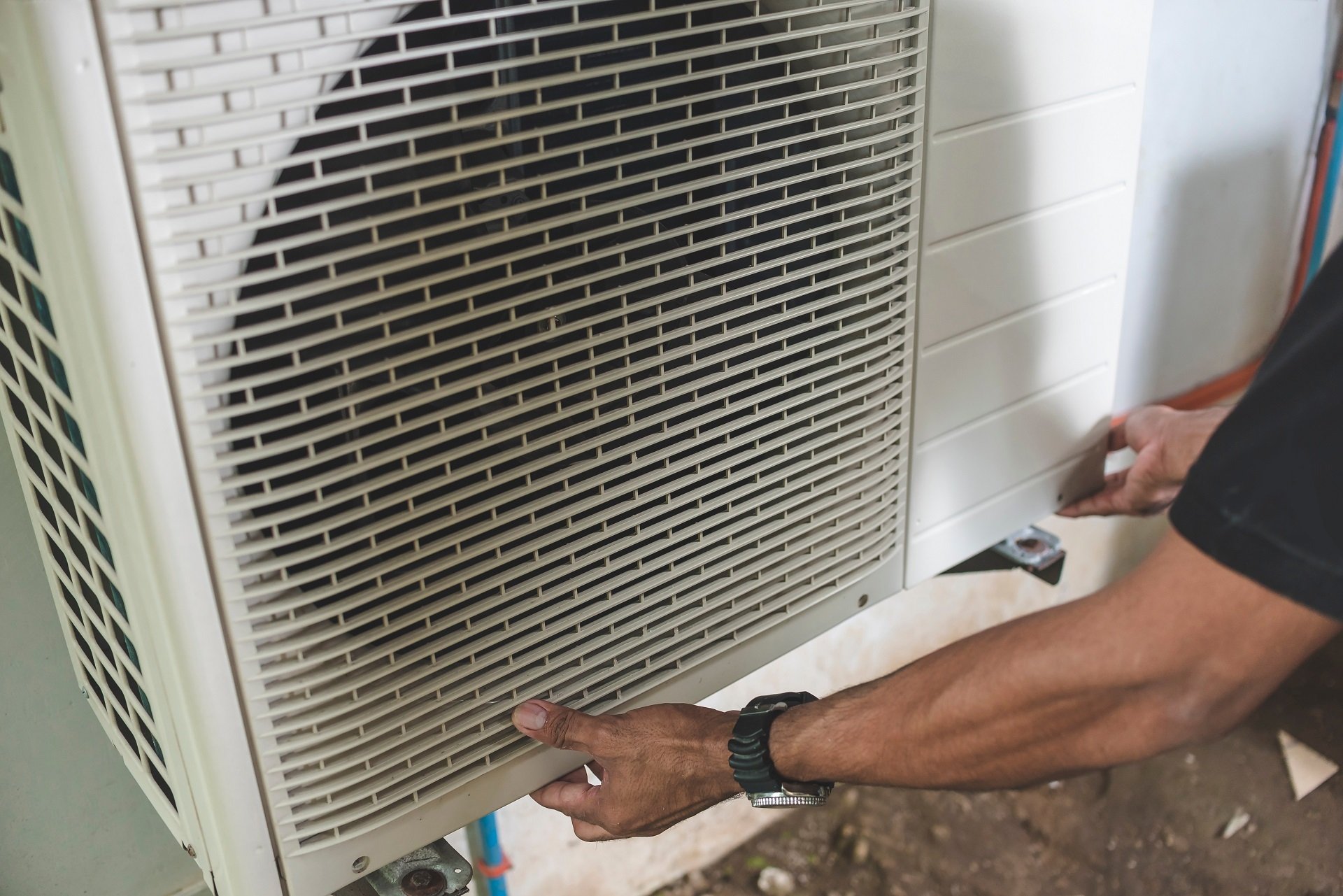It costs a lot of money to purchase a new heating or cooling system. You must take into account each system’s effectiveness, size, type, ratings, and fit within your financial constraints. We’ll go over some of the things to think about when purchasing a new HVAC system for your house in this article. Our buying guide can be useful whether it’s spring and you’re shopping for a new air conditioner or fall and you need a new furnace.
Examine the SEER (and other) rating
HVAC technology has likely advanced significantly since the last time you went shopping for a new air conditioner or furnace if you’ve had yours for ten to twenty years.
Opting for the newest energy-efficient technology available on the market is crucial if you want to obtain a decent deal.
By choosing an HVAC system with higher ratings, you can protect the environment and save a substantial amount of money each month.
The many energy-efficiency rating systems, such as SEER, HSPF, AFUE, and EER, are intended to inform you as a buyer about what to anticipate from the HVAC system. The more stars an air conditioner or furnace has, generally speaking, the more efficient it is.
Comparing Electric and Gas Furnaces
A programmable thermostat should be paired with your new setup.
The last ten or so years have seen significant advancements in thermostat technology. The hours and temperatures at which your furnace or air conditioner will operate are now adjustable with programmable thermostats. Your monthly energy expenditures can be reduced by using this type of automated system.
You can use your smartphone or other smart home device to manage a lot of programmable thermostats. They make a wise investment when combined with a new furnace or air conditioner. With a programmable thermostat, you can extend the lifespan and increase the efficiency of your HVAC units.
Obtain the right-sized HVAC system
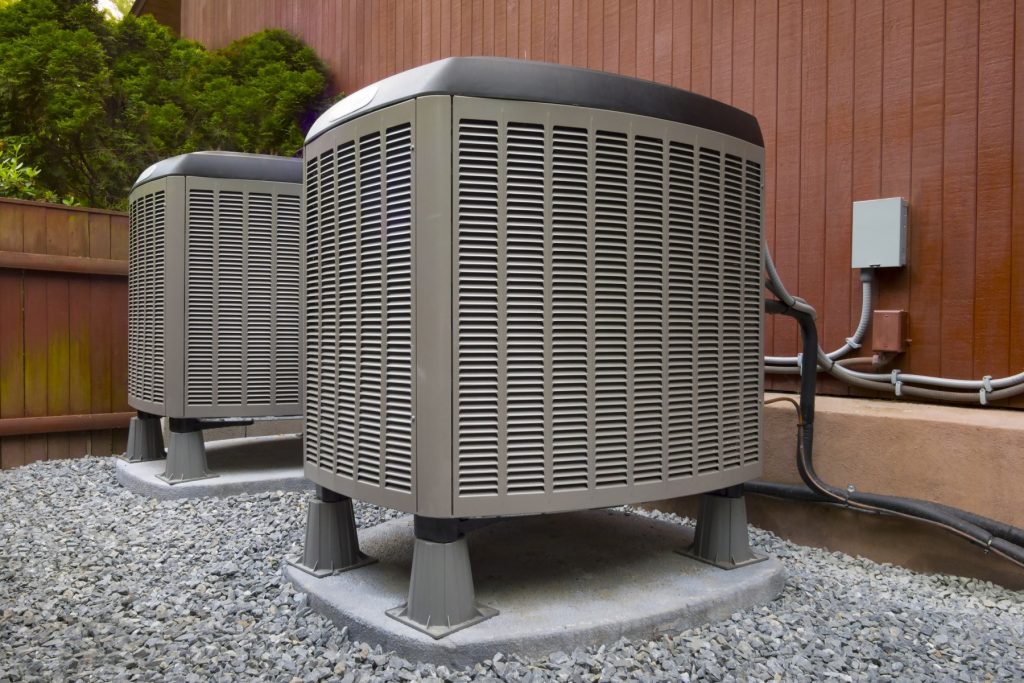
Making sure the size of the unit fits the area or size of your home is another important factor to take into account when purchasing a new HVAC system. How can I find out what size air conditioner or furnace I need?
What makes this important? An HVAC system that is either too big or too small can cause a lot of issues and financial hardship. How to do it is as follows:
An HVAC system that is overly capable of heating and cooling a room will consume more energy to provide the same amount of conditioned air in a smaller area. It will also start and stop all the time, leading to more wear and tear than usual.
If your home’s heating and cooling system is too small, you will have to give up comfort because there won’t be enough heating or cooling for the size of the space. As it operates continuously to try to keep up with demand, your system will also sustain additional wear and tear.
Read More: 4 Air Conditioner Tips for a Trouble-Free Condensate Drain
Find out the best HVAC unit with frank advice
Many heating and cooling firms have a single brand that they work with or specialize in. They will be forced to steer you in that route even if the systems from that brand aren’t appropriate for your house because that’s what they sell and install.
Expense is important yet not really how you might expect
Avoid selecting an air conditioner or furnace solely based on the sticker price. That’s a mistaken way of thinking because, in most cases, an HVAC system’s full cost cannot be determined until it ultimately breaks.
That indicates that if you buy a less expensive air conditioner instead of a superior, more expensive model, you will save $3,000 in comparison. It may seem like you received a fantastic deal! That worse air conditioner, however, might not wind up saving you money if it requires more frequent repairs, consumes more energy, and breaks down sooner than the other unit.
That’s the reason energy efficiency matters so much: for the duration of the unit’s life, you will be paying for a less-priced but less efficient furnace or air conditioner every month. Something to consider when purchasing a new HVAC system, just saying.

